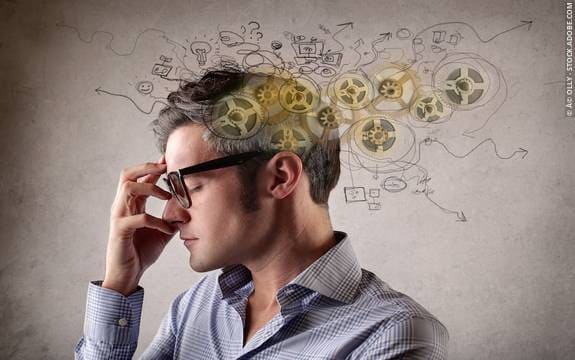Understanding the Role of Conscience in Human Behavior
Conscience plays a crucial role in shaping human behavior by guiding individuals to align their actions with ethical principles and societal norms. It is often described as an internal moral compass that distinguishes right from wrong, influencing thoughts, feelings, and actions. Psychologically, conscience is part of the superego, which evaluates the morality of one’s actions and transmits these judgments to the ego for potential behavioral expression.
From a philosophical standpoint, conscience serves as a regulator of behavior, ensuring that individuals act in accordance with their personal sense of right and wrong. This natural aspect of human nature is inherent in every individual, though it can be obscured or misdirected by external influences. When a person’s conscience is clouded by falsehood or evil intentions, they may lose sight of their moral guidance, leading them toward unethical or immoral actions.
The Prophetic Teachings on Conscience and Shame
In Islamic teachings, the concept of conscience is deeply intertwined with the idea of shame. A hadith from Imam An-Nawawi’s collection emphasizes this connection, stating that a person is allowed to act freely as long as it does not bring them shame. This principle underscores the importance of maintaining dignity and integrity in one’s actions. The hadith highlights that shame is not merely about social perception but also about internal moral standards.
Another significant hadith from Imam Muslim illustrates this further, stating that righteousness lies in good character, while sin is defined by what resides in one’s mind and would cause distress if known by others. This teaching suggests that true morality is rooted in self-awareness and the ability to discern between acceptable and unacceptable behavior.
The Influence of Conscience on Moral Decisions
The function of conscience as a natural consultant within a person cannot be overstated. It warns individuals of the potential harm in their actions and encourages them to choose what is right. This internal guide helps prevent people from engaging in acts that could lead to disgrace or dishonor. When individuals act without shame, they are essentially disregarding the moral guidance provided by their conscience.
In modern society, there has been a noticeable shift in attitudes towards shame and morality. Many individuals have adopted a mindset where actions previously considered shameful are now accepted or even encouraged. This reversal of values has led to an increase in unethical behaviors across various sectors, including education, politics, and public service.
The Consequences of Losing One’s Moral Compass
Corruption and immoral acts are increasingly prevalent, often carried out with little regard for consequences or public opinion. Examples include financial misconduct, such as the looting of public funds exposed by the Economic and Financial Crimes Commission (EFCC) in Nigeria. These instances highlight the growing disregard for ethical standards among certain segments of the population.
Such behaviors not only damage societal trust but also erode the moral fabric of communities. When individuals prioritize personal gain over ethical considerations, they risk losing their sense of conscience, making them vulnerable to manipulation by negative influences.
Encouraging Uprightness and Integrity
Believers are urged to uphold moral integrity and avoid any actions that could lead to shame. Upholding righteousness fosters respect and honor, both in the eyes of others and in the sight of Allah. It is essential for individuals to remain vigilant against the temptations that seek to undermine their moral values.
Ultimately, maintaining a strong conscience is vital for navigating the complexities of modern life. By adhering to ethical principles and resisting the influence of harmful forces, individuals can contribute to a more just and honorable society. May all be protected from losing their moral compass and guided by the light of conscience.

